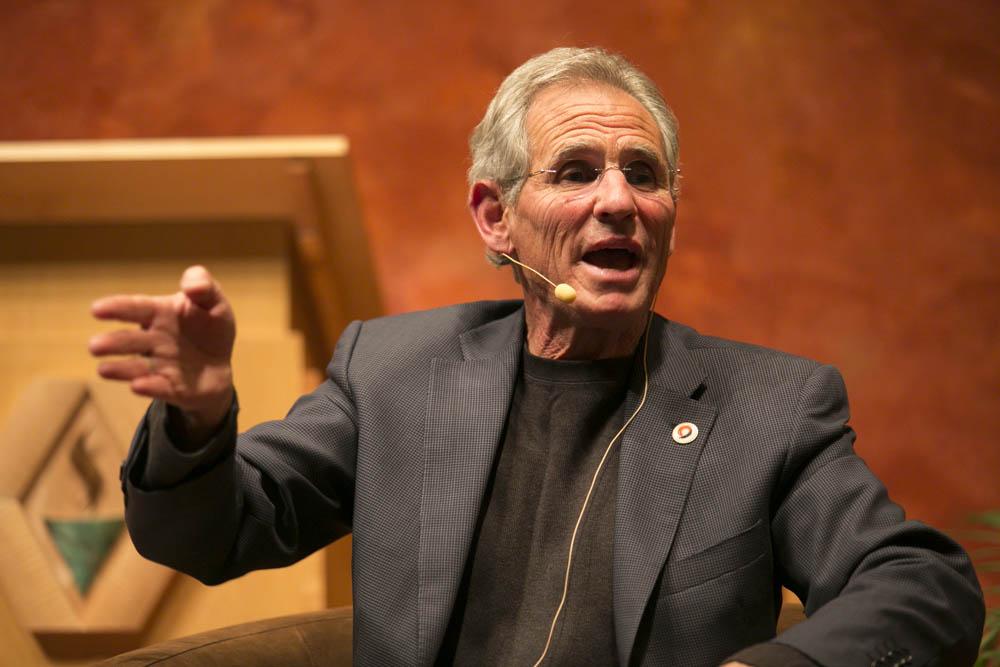You might find that speaking with confidence isn’t just about what you say, but how you prepare your mind. By integrating meditation and mindfulness into your daily routine, you can cultivate a sense of calm that transforms your approach to communication. Picture starting your day with focused breathing or visualization techniques that center your thoughts. These practices not only enhance self-awareness but also equip you to manage anxiety in high-pressure situations. What if these small changes could unlock a new level of confidence in your conversations? Let’s explore how to make this transformation possible.
Understanding Meditation and Mindfulness
Meditation and mindfulness serve as powerful tools for boosting your confidence. By engaging in these practices, you cultivate a heightened awareness of your thoughts and feelings, helping you understand your inner self better.
When you take the time to meditate, you quiet the noise in your mind, allowing you to focus on the present moment. This focus creates a mental space where you can observe self-doubt or negative beliefs without being overwhelmed by them.
Mindfulness teaches you to recognize these intrusive thoughts as temporary, reducing their power over you. Instead of letting anxiety dictate your actions, you learn to respond with clarity and intention. As you practice regularly, you’ll find that your self-awareness increases, fostering a sense of control over your emotions.
Integrating meditation and mindfulness into your routine can help you approach speaking situations with a calmer mindset. By grounding yourself in the present, you navigate challenges with greater poise.
Over time, you’ll notice a shift in your confidence levels, making you feel more empowered to express yourself. Embracing these techniques can lead to transformative growth, setting the foundation for confident speaking in various situations.
Benefits for Confident Speaking
Practicing online addiction coaches and meditation lays a strong foundation for confident speaking by enhancing your mental clarity and emotional stability. When you engage in mindfulness, you train your mind to focus on the present moment, reducing anxiety and distractions. This improved focus allows you to articulate your thoughts more clearly and effectively.
Moreover, meditation helps you manage stress and emotional responses. When you’re calm and centered, you’re less likely to get flustered during speaking situations. This newfound emotional resilience enables you to handle questions or unexpected interruptions with poise, rather than panic.
In addition, regular practice encourages self-awareness, allowing you to recognize and challenge negative self-talk. You start to replace doubt with confidence, giving you the inner strength to express your ideas boldly.
Confident speaking isn’t just about what you say; it’s also about how you present yourself. Through mindfulness, you develop a strong sense of self, which translates into body language that communicates assurance and credibility.
Ultimately, these benefits collectively empower you to speak confidently, leaving a lasting impression on your audience. Embrace mindfulness and notice the transformation in your speaking approach.
Practical Meditation Techniques
Finding effective ways to meditate can significantly enhance your ability to speak with confidence. One practical technique is focused breathing.
Sit comfortably, close your eyes, and take a deep breath in through your nose. Hold it for a count of four, then slowly release through your mouth. Repeat this for five minutes to calm your mind and reduce anxiety.
Another useful method is body scan meditation. Lie down in a quiet space and bring your awareness to different parts of your body, starting from your toes and moving up to your head. Acknowledge any tension or discomfort, and visualize releasing it with each breath.
This technique helps you connect with your body and ground yourself before speaking.
You can also try visualization. Picture yourself in a speaking situation where you feel calm and poised. Imagine the audience engaging positively with you.
By rehearsing success in your mind, you can bolster your confidence.
Integrating these meditation techniques into your routine prepares you to face speaking challenges with a composed mindset.
With practice, you’ll find that meditation not only calms you but also empowers your speaking abilities.
Mindfulness Exercises for Daily Practice
Integrating mindfulness exercises into your daily routine can transform how you communicate and interact with others. Start with a simple breathing exercise: each morning, take five minutes to focus on your breath. Inhale deeply through your nose, hold for a moment, and exhale slowly through your mouth. This practice calms your mind and sets a positive tone for the day ahead.
Next, consider a mindful check-in during lunch. Spend a few moments savoring your meal, noticing the flavors and textures without distractions. This not only enhances your appreciation for food but also sharpens your awareness, which translates into more engaged conversations later on.
Throughout the day, practice active listening. When someone’s speaking to you, avoid formulating your response while they talk. Instead, really focus on their words and body language. This presence fosters authentic connections and shows that you value their input.
Lastly, end your day with a reflection. Jot down three interactions that stood out, and think about how you communicated. This mindfulness practice helps you recognize patterns and improve your confidence for future conversations.
Integrating Practices Into Life
Building on the mindfulness exercises that enhance your communication, integrating these practices into your everyday life can yield lasting improvements in your confidence. Start by setting aside just a few minutes each day for meditation. This can be as simple as focusing on your breath while you sit in a quiet space. Doing this regularly helps center your thoughts and calm your nerves.
Next, apply mindfulness techniques in real-life situations. Before speaking in a meeting or conversation, take a moment to ground yourself. Notice how you feel, and acknowledge any anxious thoughts without judgment. This awareness allows you to respond more authentically.
You can also incorporate mindfulness into your routines. For example, while commuting, focus on the sights and sounds around you, or practice mindful listening during discussions. This will sharpen your attention and help you engage more deeply with others.
Conclusion
Incorporating meditation and mindfulness into your daily routine can transform how you speak. By enhancing your self-awareness and emotional control, you’ll project confidence in every conversation or speaking engagement. With focused breathing and visualization techniques, you’ll manage anxiety effectively. Remember, the more you practice these techniques, the more natural they’ll become. Embrace this journey toward confident speaking, and watch how your improved presence uplifts your communication skills and self-assurance in any situation.



